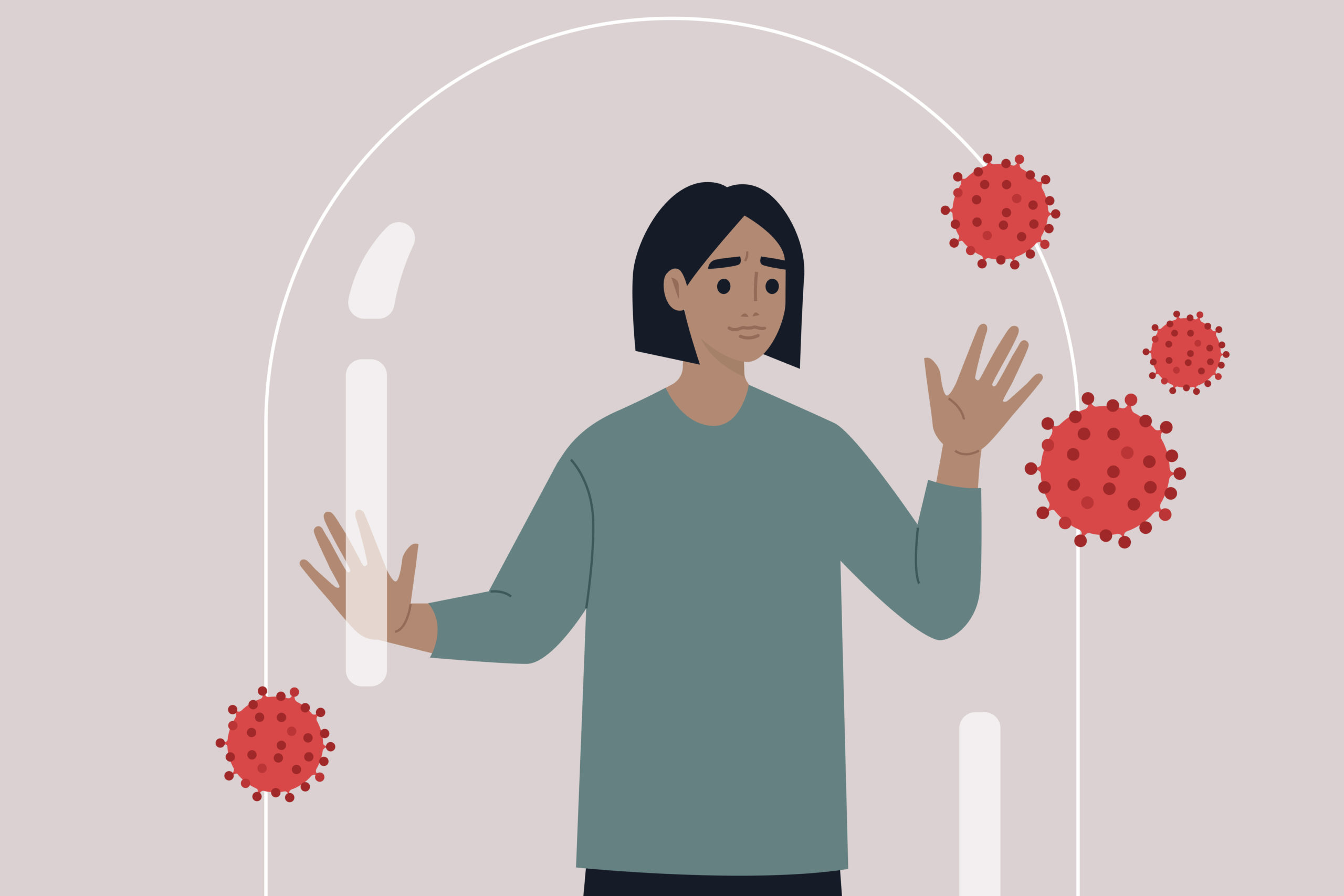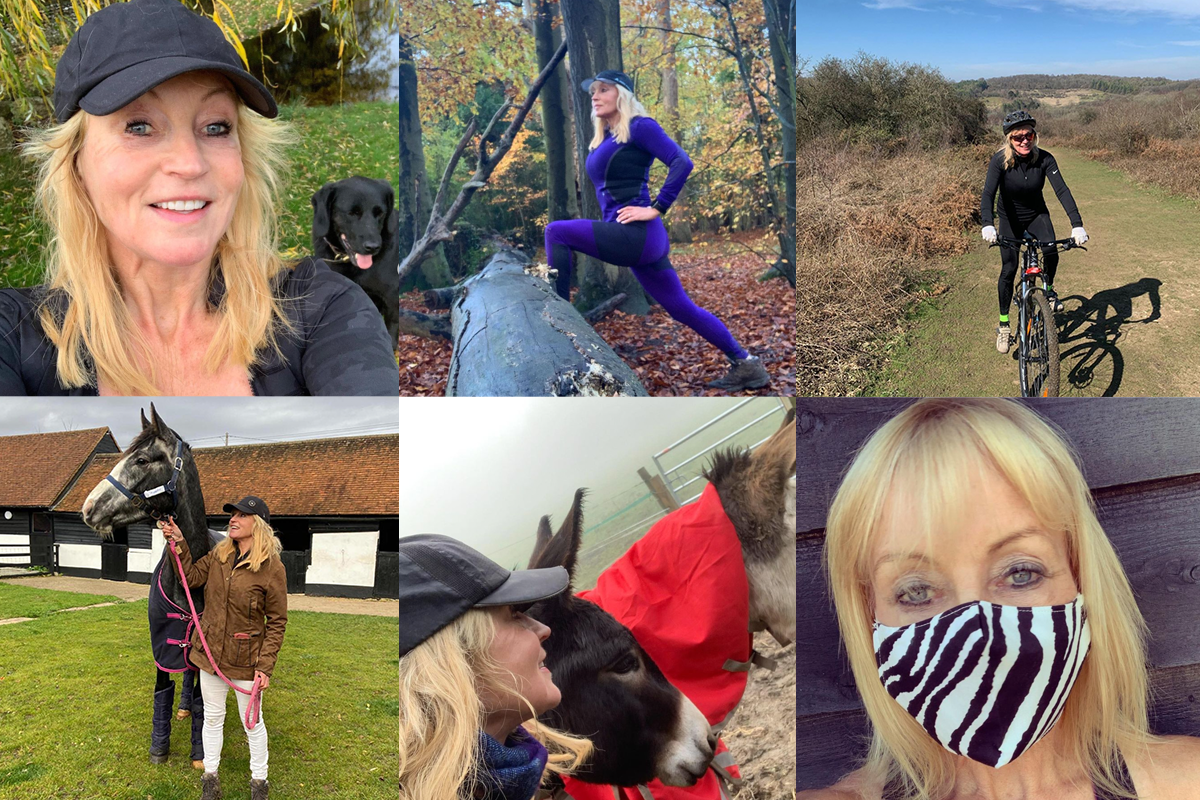We often see the new year as a time to decide to make some long-term changes to our behaviour, it’s a time to reset some of our old established habits and change our life for the better.
But making changes to our behaviour is hard, the way we live is ingrained, especially when we get to our mid 40s/50s /60s. As Charles Duhigg explains in the Harvard Business Review, “as a behaviour becomes a habit, as it becomes automatic, it moves into the basal ganglia, which is one of the oldest structures in our brain and it’s near the centre of our skull.
Research reinforces how difficult it is to change as 40 percent of the actions you take each day are not conscious decisions, but habits. Given behaviour is instinctive, no wonder it’s a hard challenge to change things and older habits that we have done for decades.
Understanding that many of your actions have become unconscious, means that you start to understand why you need to employ some clever tips to make long-term, sustained change.
To change your life whether that involves stopping to eat junk food, exercise more, stop wasting time at work on social media or starting to take some risks, not being late for meetings, changing these behaviours depends on taking the small effective steps forward.
By tapping into some well-researched strategies, you will empower the changes that could bring extra happiness into the new year.
Be positive

start the change process with a positive attitude by focusing on the upsides you will generate through the changes you want to make. All too often we tend to be negative, consciously making the effort to focus on the positive of a situation or the rewards that will come following the completion of a task.
Focus on how much more energized you feel after you have exercised, or how much peaceful you sleep if you have a digital detox before you go to bed for instance. After a while your brain will start to associate the new behaviour with the reward, making it easier to transform ourselves and our lives
Understand your cravings
The reason we have bad habits is to satisfy an urge for the reward we have at the end. But what exactly is it? Write a list of all the things could be and find it through the process of elimination. It can be as simple as junk food taste good and that’s why you do it. Or you may realise that the reason you time waste at work is to be social because you enjoy talking with your colleagues, rather than avoiding a difficult task.
Once you understand the reward you can make a new habit and find a better way to satisfy the urge.
Start small
we are creatures of habit so trying to make sudden big changes is challenging. Sometimes it’s better to make small changes if you get in from work every night and watch TV, then instead of trying to change it every night, start by changing this 2 days a week and then increasing. Control your temper, learn to count to ten! Or take up yoga it has an amazing calming influence. If you start with small measurable actions like this, you are more likely to succeed. Small and specific wins over big and bold. Rather than, “I will start exercising’ you could download a walking app, like Active 10 and commit to doing 10 minutes brisk walking a day and gradually increase this.
Get support & resources

If you want to get fit then join a gym, find a fitness buddy or join an online group, being part of a community will give you extra support. Why not follow a diet plan if you want a new healthy diet instead of trying to do it all by yourself? Using the resources around us will help to make the changes you want more achievable. Changing what we eat requires a practical plan that we need to follow, emptying the ‘temptation’ foods from our cupboards, replenishing these with the required foods. And sticking to the meal plans, putting ‘allowed’ snack foods in place so the temptation is avoided. Saying you will tackle the garden, you need a plan, gather the required tools, plants, seeds etc. once these are in place, you can begin, this method applies to any form of change you need to make. Start with preparing what you need.
Look at things in a new perspective
Taking a moment to think before our actions can make all the difference. Looking at our actions objectively and thinking about the impact it will have on ourselves and people around us can help stay on track. We often take others for granted, so simply taking a step back to observe your behaviour from ‘fresh eyes’ will make you realise how you treat others, and if you think there is room for improvement.
Treat it as a journey
If you try to make a change, remember change takes time and sometimes you have setbacks. Treat it is as journey and not as failure, try again! You will succeed, especially if you want to. And it’s never too late!
Making large or small changes in your life can be transformational, never underestimate the positive impact of moving forward in new ways in your health, career relationships, hobbies.
Be positive. Be thoughtful. Be you.





